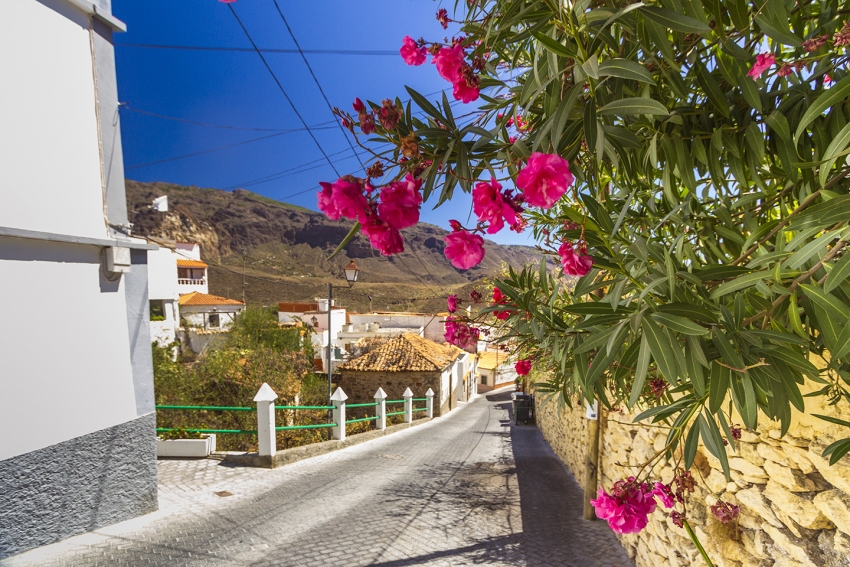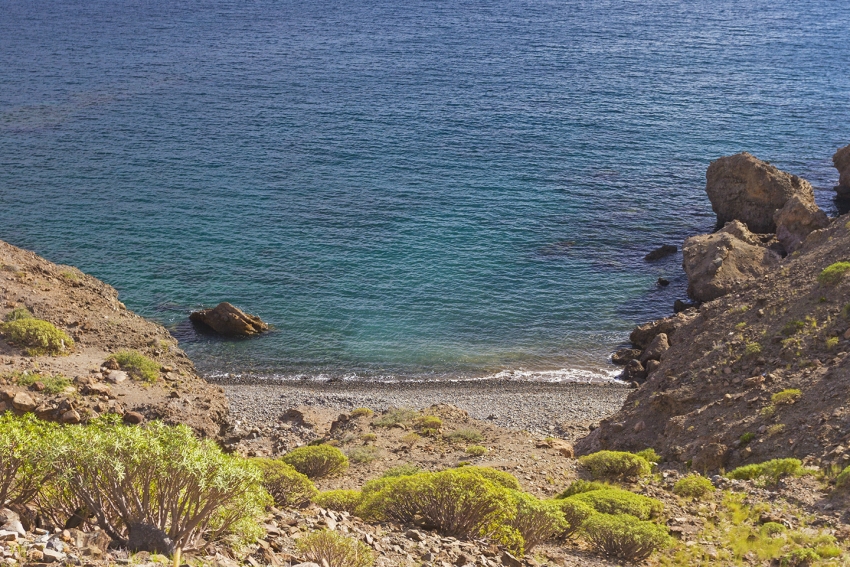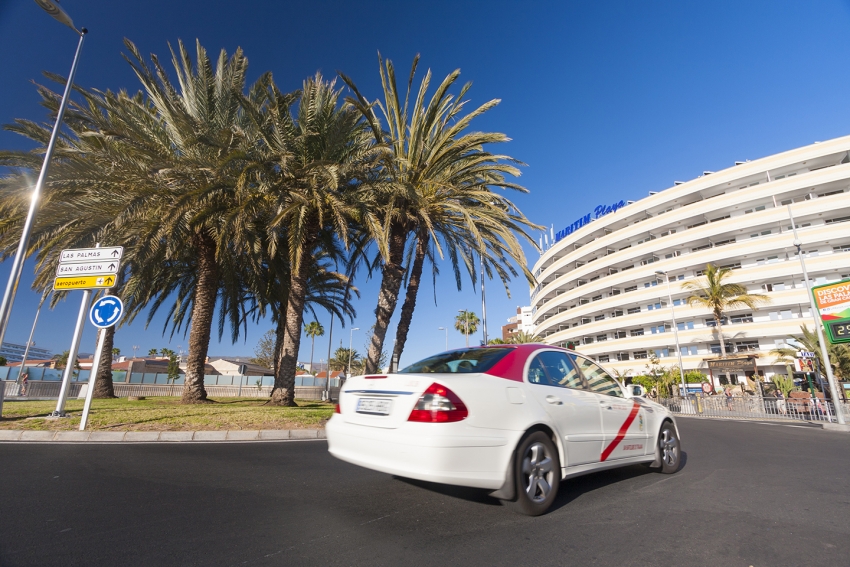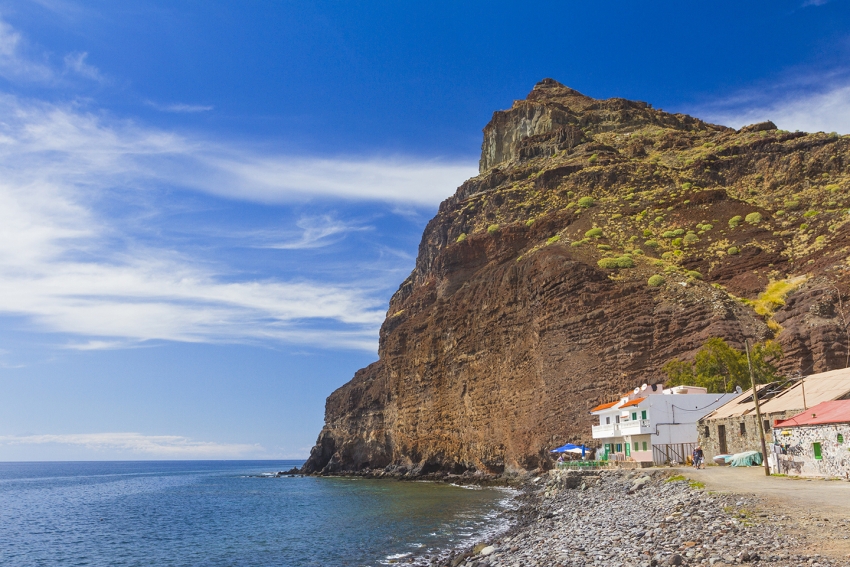Friday, 02 September 2016 17:52
Tunte: South Gran Canaria's Hill Town Capital
Published in
Resorts & Places
Monday, 30 November 2015 07:07
Gran Canaria Beaches: Quiet Lomo Galeón Beach
Lomo Galeón beach is a short but wide pebble beach just east of El Pajar village in south Gran Canaria.
Published in
Every Gran Canaria Beach
Thursday, 20 August 2015 14:46
Storm In A Teacup: Gran Canaria Property Confusion And What It Means To Private Owners
A recent draft law released by the San Bartolomé de Tirajana town hall (Ayuntamiento) has generated widespread confusion and worry in Gran Canaria. However, there is little to be concerned about as the situation is being hyped up for political reasons. Here's a concise summary of what's going on and what it means.
We have updated this article to take into account the important effects of the 1995 Ordenación del Turismo de Canarias law.
Published in
Property
Gran Canaria Info recommends:
- Default
- Title
- Date
- Random
Join the Gran Canaria Info newsletter list
Gran Canaria info recommends
-

Off The Beaten Track With A Gran Canaria Buggy Trip
-

The Best Value Car Rental Service In Gran Canaria
-

Casa Romantica: A Classic Gran Canaria Restaurant Reborn
-

Hassle-Free Gran Canaria Car Hire
-

Which Gran Canaria Airport Transfer Service Is The Best?
-

Gran Canaria Shopping: Start At Fundgrube For Price & Quality
- 1
Follow us on Facebook
Tip of the day
Latest articles
Who's Online
We have 3326 guests and no members online









